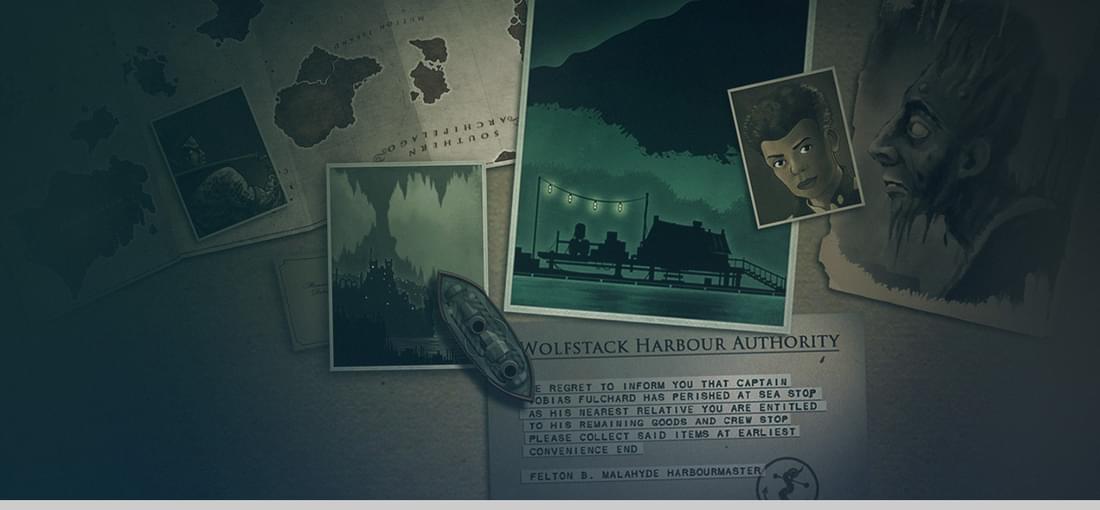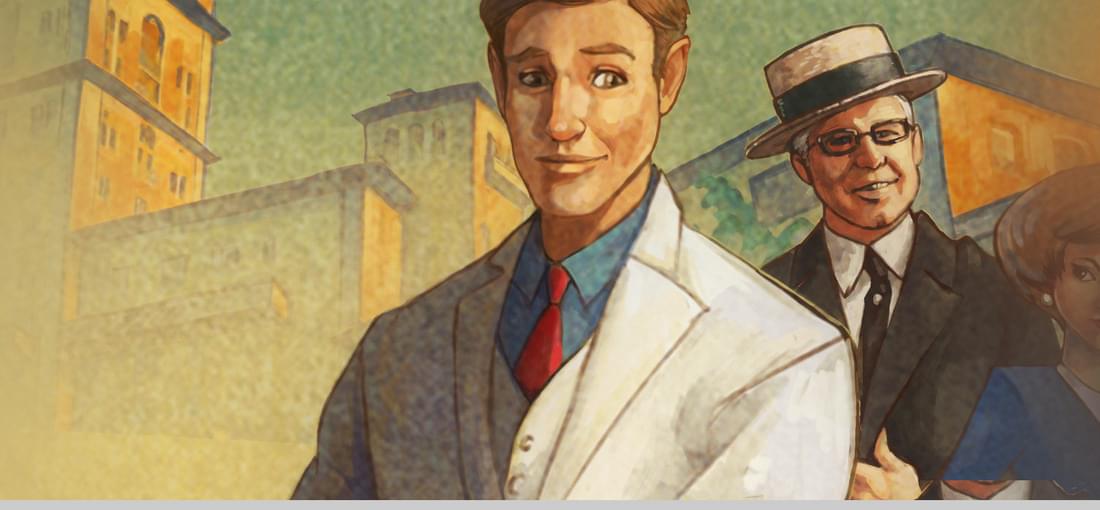


It's a 10 year-old game. It's slow, it's peaceful (if you don't count the monsters and the cannibals and the tentacles), it's great. 300 hours in, it's still my go-to for when I got nothing else to play. Hope that now I wrote this down, Galaxy will stop bugging me to leave an effing review.

A Golden Wake is one of the cartload of point'n'click adventures produced by Wadjet Eye in the last decade. The game takes you to a place that very rarely features in games - Florida in the 1920s. You control a certain Alfred "Alfie" Banks, a real estate agent from NYC who goes to boom-town Miami to make his luck. Production values are high: the game environments are gorgeous with (reasonable) attention to details, and the jazz soundtrack is wonderful and very thematic. The story itself is ...ok? If you like Florida and the Roaring '20s, the game will dazzle you. On the other hand, characters are completely one-dimensional, and stay like that even throught. The gameplay itself is the weakest link in the game: as far as adventure games go, it is perfunctory, with most "puzzles" and "solutions" immediately made evident. Several quality of life perks of the genre are missing (skip animations or switch-screen movements). There are a couple of nice puzzles or slightly innovative techniques (like the persuasion system) that just get swept along. The result is that game feels like a slog, pushing forward to get to a resolution for characters you don't really care for. Do you like Florida, the '20s, and/or want to get your hands in every adventure game ever made? Get Golden Wake. PS: Sadly, a complete lack of a Southern drawl.